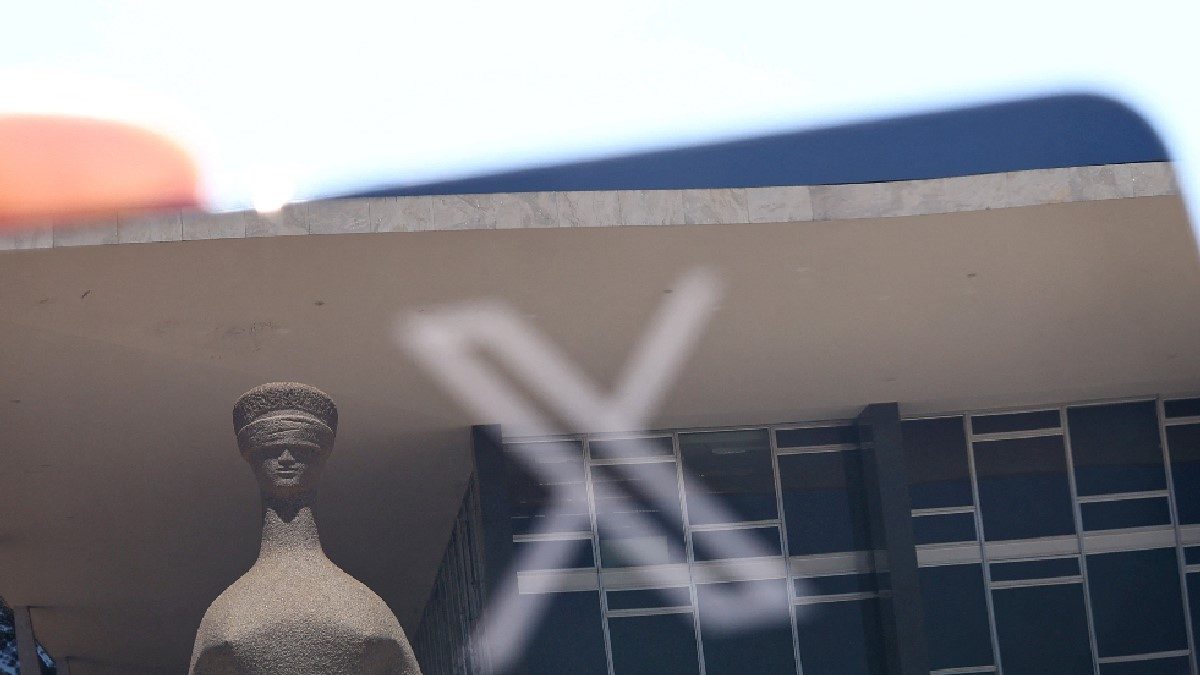Elon Musk’s social media platform, X, formerly known as Twitter, has been blocked in Brazil after failing to comply with local regulations. This move is the latest chapter in an ongoing conflict between the platform and the Brazilian Supreme Court, led by Justice Alexandre de Moraes. The platform was taken down after missing a court-imposed deadline to appoint a legal representative in the country, a requirement under Brazilian law. The court’s decision highlights the tension between international social media platforms and national regulations aimed at safeguarding online content.
A Clash of Law and Power: X’s Defiance of Brazilian Regulations
The conflict between X and the Brazilian authorities began with the platform’s refusal to comply with court orders demanding the removal of accounts that spread misinformation and hate speech. Justice Moraes, known for his strong stance on online censorship, had ordered the removal of specific accounts and content from X, but the platform repeatedly failed to comply with these directives.
The Court’s Response: Blocking X and Imposing a Legal Representative Requirement
Following X’s ongoing defiance of the court’s orders, Justice Moraes ordered the platform to name a legal representative in Brazil. This requirement aims to establish clear lines of responsibility for X’s actions within the country, making it accountable for any violations of Brazilian laws.
The platform’s failure to meet the deadline for appointing a legal representative, deemed crucial for enforcement of court orders and compliance with Brazilian law, resulted in the court’s decision to shut down access to X in the country. This move demonstrates the court’s unwavering commitment to upholding Brazilian law and ensuring its authority within its borders.
A Global Debate on Online Censorship: Striking a Balance Between Freedom of Speech and Protection of Citizens
The conflict between X and Brazil highlights the broader global debate surrounding online censorship. Governments and social media platforms are grappling with how to ensure responsible online communication while protecting free speech.
The Brazilian Perspective: Protecting Citizens and Combating Misinformation
Brazil has taken a proactive approach to online content moderation, focusing on combating misinformation and hate speech, which have a significant impact on public discourse and social harmony. The country’s regulations aim to hold social media platforms accountable for the content they host and promote a safer online environment for its citizens.
The Platform’s Perspective: Freedom of Speech and Open Dialogue
X, under Elon Musk’s leadership, has been vocal about its commitment to free speech and fostering open dialogue online. The platform has opposed what it perceives as excessive censorship, arguing that it stifles freedom of expression and inhibits open debate on controversial topics.
X’s Next Move: Negotiating Compliance and Resuming Operations in Brazil
Following the suspension, X has signaled its willingness to comply with the court’s demands and resume operations in Brazil. This suggests a possible resolution to the conflict, albeit one that necessitates X to compromise on its previous resistance to censorship demands.
Compliance or Continued Conflict: The Future of X in Brazil
The resolution of this conflict hinges on X’s willingness to meet the requirements set by the Brazilian court, which likely include appointing a legal representative and complying with court orders related to content moderation. Whether X can strike a balance between its commitment to free speech and adherence to Brazilian law will determine its future in the country.
Take Away Points:
- This case highlights the complex relationship between social media platforms and governments, particularly regarding content moderation.
- The Brazilian government has taken a strong stance on combating misinformation and hate speech, utilizing legal means to ensure accountability for online content.
- X’s refusal to comply with local regulations ultimately led to its suspension in Brazil, emphasizing the importance of adhering to national laws even for global entities.
- This conflict raises important questions about the balance between freedom of expression and online content moderation, a debate likely to continue as digital platforms continue to expand their global reach.




